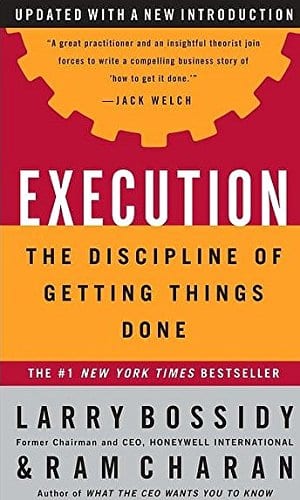by Jeff Tanner – July 2015 Loyalty programs have been around now for thirty years. The first were travel programs, created initially by Hal Brierly for companies like American Airlines and Hilton. After three decades, we’ve learned a few things about what works and what doesn’t. One of the things we’ve learned: You don’t need…Continue Reading 6 Creative Tips to Build Fan Loyalty
6 Creative Tips to Build Fan Loyalty



